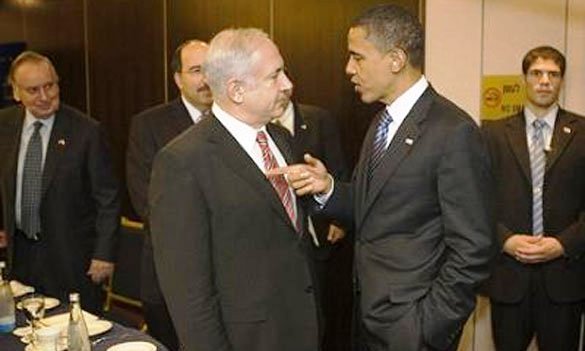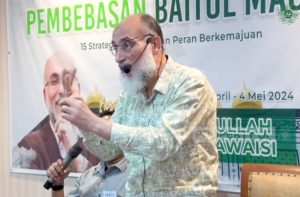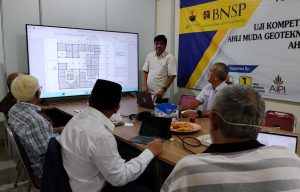During a meeting with Japanese Prime Minister Shinzo Abe yesterday, Netanyahu said that Israel was seeking to find alternative markets for its business relations, mainly in Asia, Middle East Monitor (MEMO) quoted by Mi’raj Islamic News Agency (MINA) as reporting.
Netanyahu took advantage of the Japanese official’s visit to Israel to recruit Tokyo’s support for the Israeli position in the Arab-Israeli conflict and in the war against the Iranian nuclear project.
Speaking to reporters ahead of the meeting, Netanyahu demanded the West maintain sanctions on Iran until an “agreement that guarantees the dismantling of its nuclear capabilities” is reached.
Also Read: Syria, Jordan Condemn Netanyahu’s Visit to Occupied Syrian Buffer Zone
He likened the Iranian nuclear threat on Israel to North Korea’s nuclear threat on Japan. “There is no risk to the safety and security of the world greater than Iran’s permanent ambition to acquire non-conventional weapons,” Netanyahu said.
“We saw the enormity of what was carried out by Islamist extremists armed with conventional weapon. International sanctions should be maintained on Iran until reaching an agreement to dismantle its nuclear capabilities.”
On Sunday, the Japanese premier began a three days visit to Tel Aviv and the Palestinian territories as part of a six day tour of the Middle East.
Netanyahu told his counterpart that his visit is “an historic opportunity” to unite Israeli and Japanese capabilities. “I think there are many economic areas, technological areas and other areas in which we can cooperate,” he said, “and I look forward to doing that for the benefit of both our peoples.”
Also Read: UNIFIL Reports Over 7,300 Israeli Violations of Lebanese Airspace Since Ceasefire
The Japanese prime minister was accompanied by 100 senior government officials and businessmen.
This is the first visit of a Japanese prime minister to Israel in nine years ago.
Netanyahu told his cabinet ahead of his meeting with the Japanese premier that it is an opportunity to continue economic efforts to enter markets such as China and India. “I emphasise eastern markets not because we want to give up on other markets, but we certainly want to decrease our dependence on certain markets in Western Europe,” he said.
“Western Europe is undergoing a wave of Islamisation, anti-Semitism and anti-Zionism,” he said. “These waves are washing over it, and we would like to ensure that the State of Israel will have varied markets around the world.”
Also Read: Russia Condemns UN Gaza Resolution, Says It Contradicts Palestinian Statehood
Japanese Prime Minister Abe, who was re-elected last month, began his tour in Cairo, where he promised to provide $2.5 billion in humanitarian aid to Egypt and to support developmental efforts in countries affected by the Islamic State (ISIS)’s expansion, which has taken control of large areas of Iraq and Syria.
Abe is due to head to the West Bank to meet with the Palestinian President Mahmoud Abbas today.(T/R04/P3)
Mi’raj Islamic News Agency (MINA)
Also Read: Israeli Airstrike on Palestinian Refugee Camp in Lebanon Kills 13







![Barack Obama with Benjamin Netanyahu [MEMO file photo]](http://mirajnews.com/wp-content/uploads/2014/10/barack-obama-with-benjamin-netanyahu-2-300x179.jpg)
























 Mina Indonesia
Mina Indonesia Mina Arabic
Mina Arabic